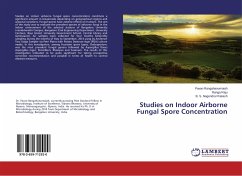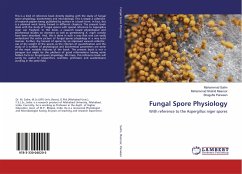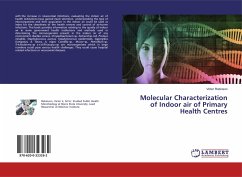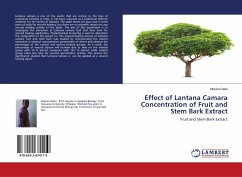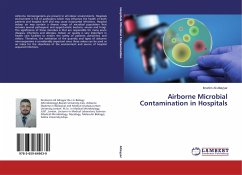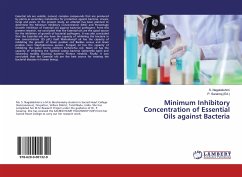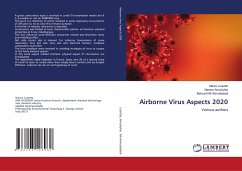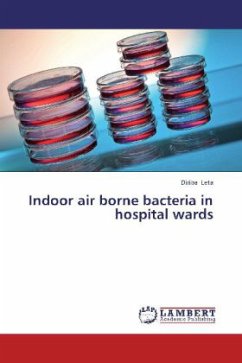Studies on indoor airborne fungal spore concentrations constitute a significant amount in bioaerosols depending on geographical regions and seasonal variations. Fungal spores have adverse effects on humans. The aim of the study was to evaluate the prevalent species of airborne fungi in the indoor environment of the selected stations of Bangalore University Jnanabharathi Campus, Bangalore (Civil Engineering Department, University Canteen, Boys Hostel, University Government School, Central Library and Gymnasium). Air samples were collected for four months bimonthly sampling during the months of May to September, 2014 using by Andersen Two Stage Sampler via Petri Plates with Potato Dextrose Agar (PDA) culture media. In this investigation, among fourteen spore types, Cladosporium, was the most prevalent fungal genera followed by Aspergillus flavus Aspergillus niger, Penicillium, Rhizopus and Fusarium. The results of this investigation indicated to be quite significant for taking prospective corrective recommendation and possible in terms of health to control diseases measures.
Bitte wählen Sie Ihr Anliegen aus.
Rechnungen
Retourenschein anfordern
Bestellstatus
Storno

